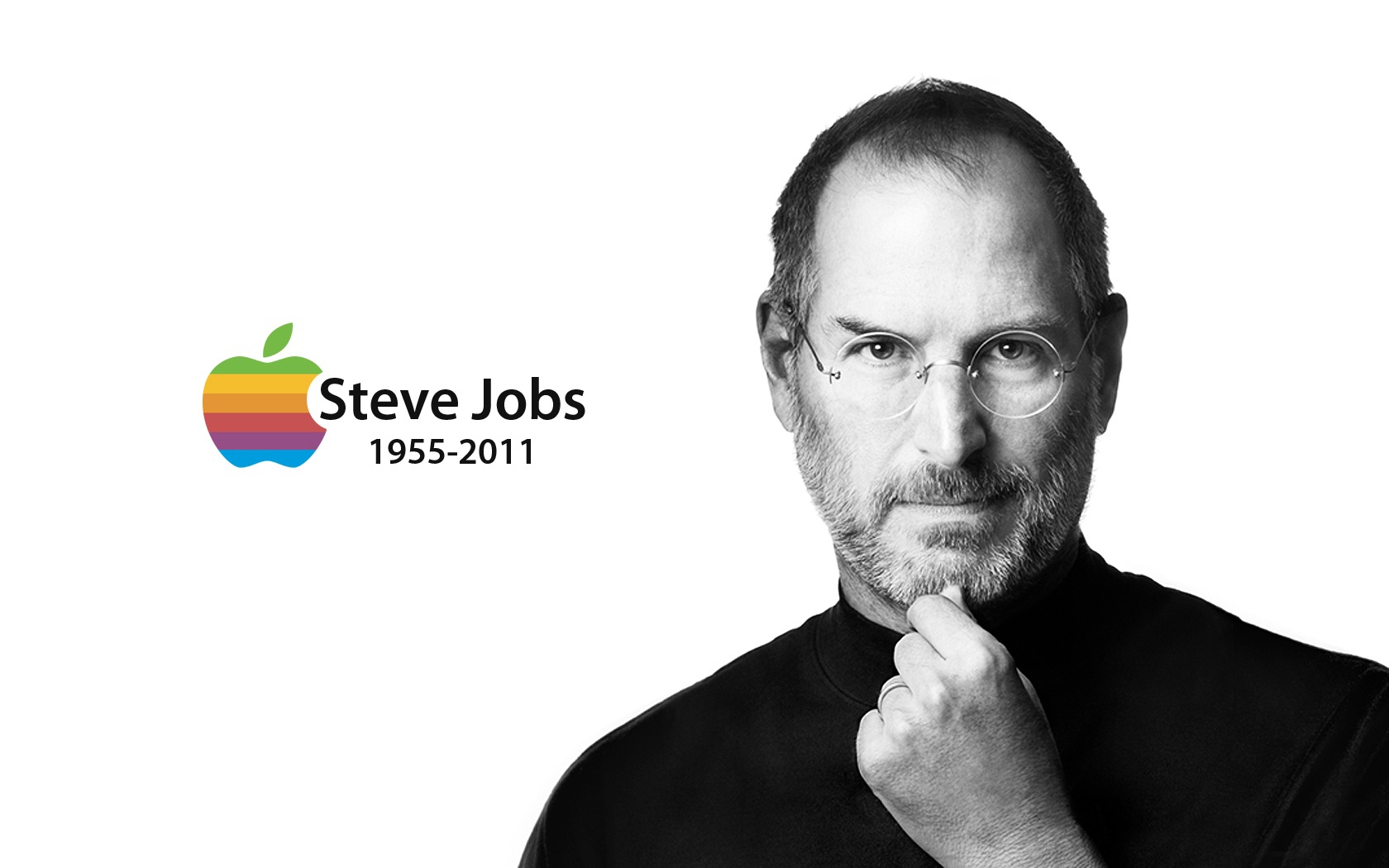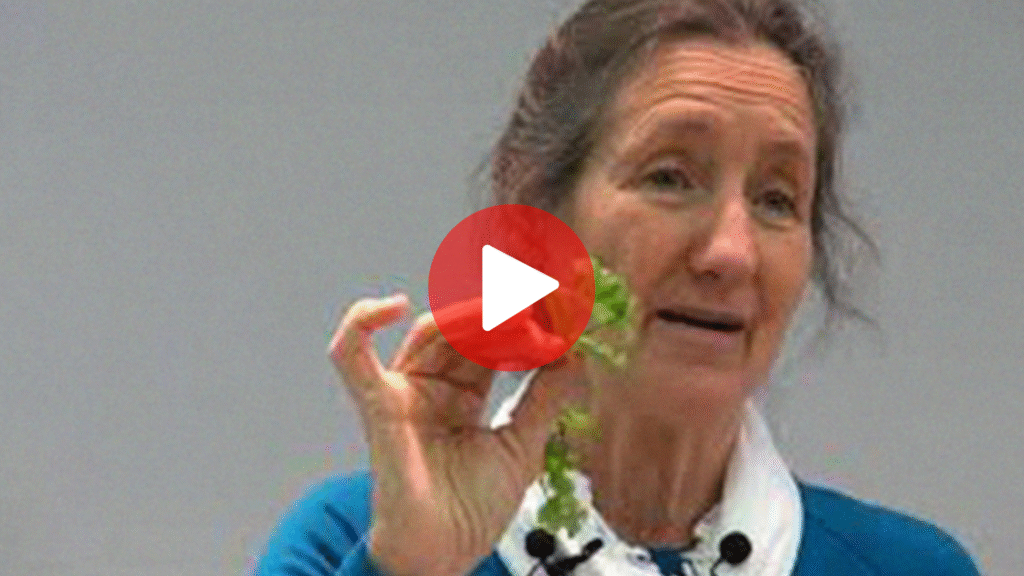WHAT’S TRENDING:
Steve Jobs’ forgotten memory trick is exploding in 2025 — uncovered years after his death

What Steve Jobs’ Brain Just Taught the World About Memory Loss and Dementia
Years after his passing, researchers have been closely examining the life and habits of Apple co-founder Steve Jobs — and what they found may change the way we think about brain health forever.
It wasn’t the size or weight of his brain that stood out.
What shocked scientists was the unusual density of neural connections — built over decades through intentional habits and daily routines.
In simple terms: Steve Jobs had a highly connected brain.
And here’s where it gets interesting.
Despite battling advanced cancer, reports from those closest to him say Jobs remained mentally sharp and creatively engaged right up until the very end.
He stayed involved in major Apple decisions — even overseeing the development of iconic products like the iPhone and iPad.
Experts now believe that his incredibly dense network of brain cells helped protect him from the kind of cognitive decline associated with memory loss and dementia.
In fact, Jobs’ brain stayed resilient while his body weakened — a phenomenon that’s drawing new attention in the field of neuroscience.
One of the voices leading this discussion is Dr. O’Neill, a globally recognized expert in brain health who followed Jobs’ journey closely.
And today, she’s making a bold claim:
“You don’t have to be a tech genius to maintain a sharp memory and fast thinking like Steve Jobs. Anyone can build a more resilient brain — at any age.”
In a new video presentation, Dr. O’Neill reveals 8 specific things you can do starting today to help strengthen your brain and stay mentally sharp for years to come.
She also shares the personal story of her own husband, who was struggling with severe cognitive decline — and how applying these strategies made a surprising difference.
Her 8 recommendations are simple, practical, and easy to follow — no tech skills required.
